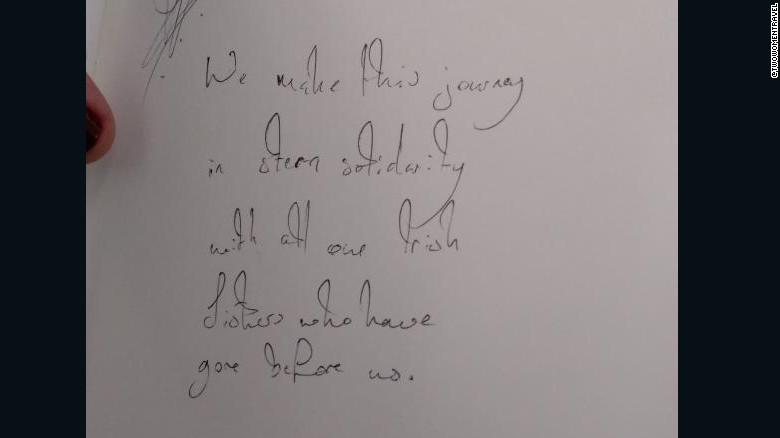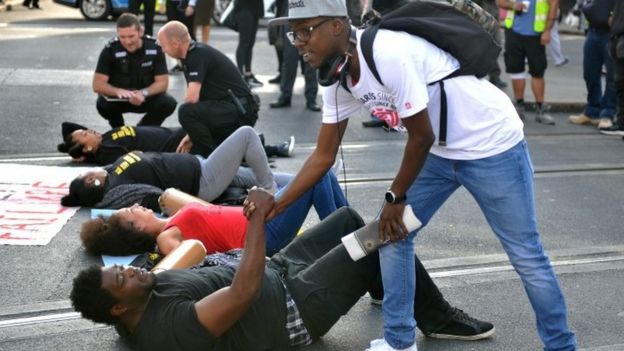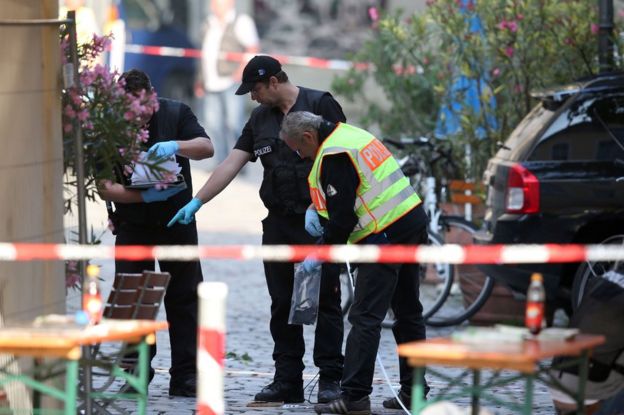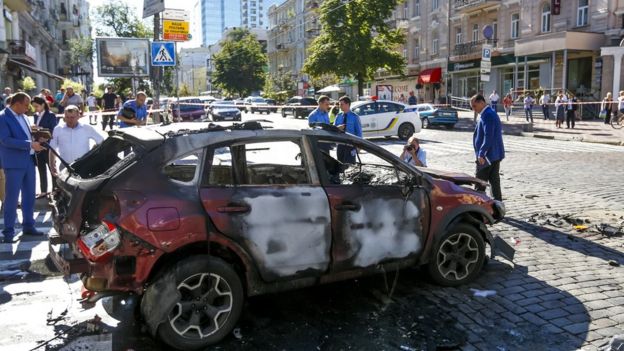By Sarah Lafen
Impunity Watch Desk Reporter, Europe
DUBLIN, Ireland — An Irish woman live-tweeted her journey from Ireland to Manchester, England to have an abortion this past weekend, joined by her friend who also posted updates on the account. Both women have chosen to remain anonymous – neither have included their names on any of the social media posts. The social media account has gained significant interest on Twitter, as it has over 12,000 followers.

Ireland has the most restrictive ban on abortion in the European Union, as it is an illegal procedure unless the woman’s life is in danger. This law is preserved in the country’s eighth constitutional amendment, which awards the same rights to the fetus as to the mother. This amendment is publicly supported by Taoiseach Enda Kenny.
This past June, the United Nations Human Rights Committee proposed that Ireland change its abortion law following a case brought by another Irish woman who traveled from Ireland to Britain to have an abortion. The UN Human Rights Committee does not have any legal authority to enforce its suggestion, however its suggestion marks the first time it found Ireland’s abortion law to be in conflict with the UN International Covenant on Civil and Political Rights. The picture for the social media account run by the two women who traveled to Manchester is a logo which reads “Repeal 8” referencing Ireland’s Eighth Amendment.
According to recent research, there are conflicting opinions regarding whether or not the amendment should be revised. A recent poll reflects that since 2013, more people now favor loosening the strict law to allow for abortions under more circumstances. Ireland’s Health Minister expressed is thanks to the women for “telling the story of the reality which faces many.” Kenny, on the other hand, predicts that if there were to be a “referendum to repeal the Eighth Amendment…it would not be passed.” The topic will be discussed at the Citizens’ Assembly in October, which will consist of 100 people who plan to gather to review proposed changes to Ireland’s constitution.
According to the United Kingdom Department of Health, approximately 3,500 women each year travel from Ireland to Britain for the procedure.
For more information, please see:
CNN — Irish Women Live-Tweet Journey to Great Britain for Abortion — 21 August 2016
The Irish Times — Two Irish Women Live-Tweet Journey to UK for Abortion — 20 August 2016



